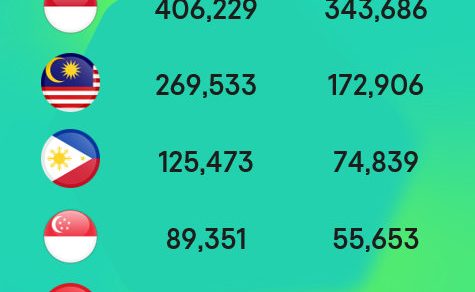Saudi Arabia has certainly experienced rapid economic growth in recent years, but the unfolding water crisis may affect both Saudi people and the world. The Kingdom has arid climate, receives very little rain and has no rivers or lakes. The Kingdom is endowed with only limited groundwater reservoirs, which may deplete soon. With increasing water consumption and shrinking ground reservoirs, the Kingdom has turned to innovative ways to supply enough water to households and support industries and other projects.
Water scarcity represents one of the biggest challenges for Saudi Arabia as it embarks on various development plans. Rising demand of water in both the municipal and industrial sectors continue to exert pressure on the region to adopt alternative ways in order to minimise this growing concern. Saudi Arabian agriculture sector accounts for up to 90% of all water consumption. Further increase in water consumption by this sector is likely to put pressure on the other sectors.
Water is both scarce and valuable in this region. A major source of water in the Kingdom is the sea. To deal with looming water crisis, Saudi Arabia has turned to water desalination and wastewater treatment initiatives.
- Desalination is a process which produces potable water from brackish seawater. Saudi Arabia is investing on its water infrastructure by delicately balancing desalination and wastewater treatment capacities. Desalination treatment plants uses water purifying equipment such as kjeldahl distillation unit to separate salt and particles from seawater. In 2012, Saudi Arabia started desalination operations at the world’s largest solar-powered water desalination plant in the city of Khafji. Since desalination is energy-intensive process, so Saudi Arabian government is planning to use solar energy to power future desalination plants in order to make the process more cost-effective and sustainable.
- Another expanding source of water in the Kingdom is the use of recycled water. The government has built various recycling plants in Riyadh, Jeddah and other urban industrial centers with an aim to recycle nearly 40 percent of the water used for domestic purposes. Effective wastewater treatment is essential to ensure a future of clean and usable water. Water recycling enables the region to address environmental concerns and ease the pressure on existing water supplies.
Though desalination and recycling processes will not solve Saudi Arabia’s water shortage, but these initiatives can certainly make a difference. The Saudi Arabian government is planning to double the desalination capacity over the next decade. It is expected to spend US$70 billion on new water treatment projects. More than half of the Kingdom’s wastewater remains uncollected or untreated, which means there is significant growth potential for both water treatment plants and water treatment equipment providers.




Recent Comments